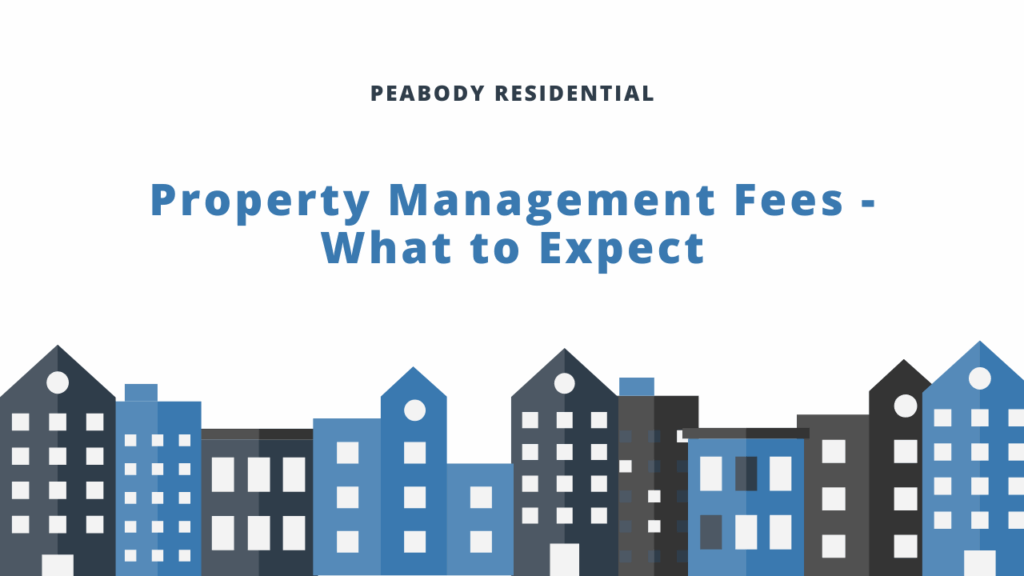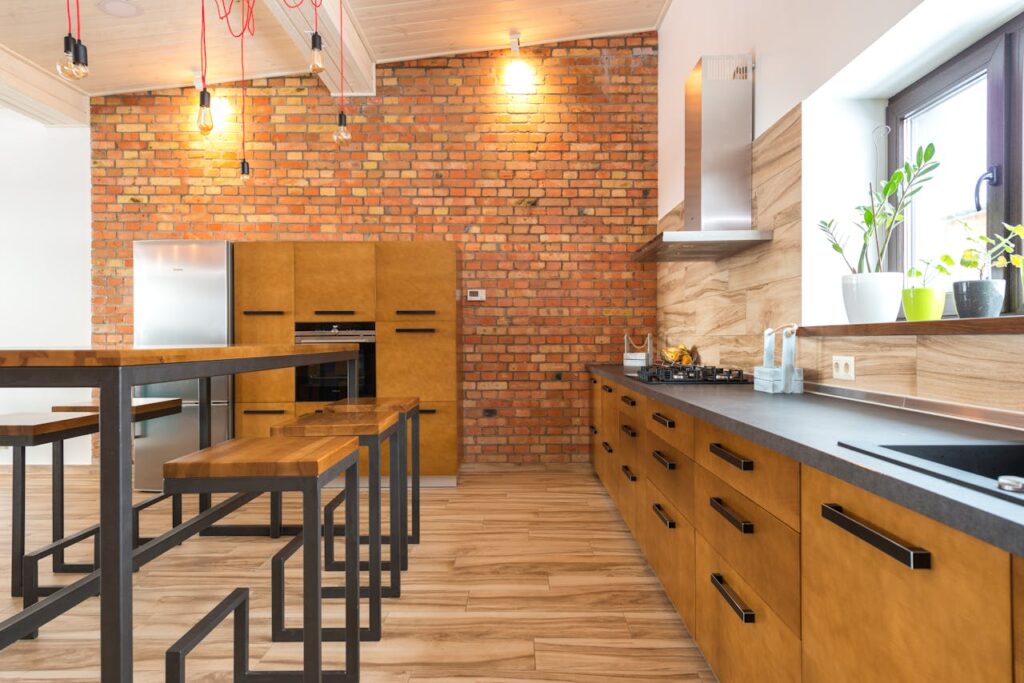Key Takeaways
- Property management costs can range depending on the type of property, with fees for services like leasing, renewals, maintenance, and inspections.
- Ongoing management fees usually are a percentage of monthly rent, often including rent collection, maintenance coordination, and financial reporting.
- Tax deductions can significantly reduce your out-of-pocket costs, making professional management more financially viable.
- Value goes beyond cost—a qualified property manager can help maximize returns, reduce stress, and ensure legal and operational compliance.
When weighing the decision to hire a property manager, one of the primary considerations is cost. This article by Peabody Residential outlines the typical fees you may encounter when partnering with a property management company.
Get Your Free Rental Analysis Today!
Initial Setup Fee
The first charge you may come across is the initial setup fee. This one-time fee covers administrative tasks like onboarding, document preparation, and account setup with your property manager.
Ongoing Management Fee
The core of property management costs lies in the ongoing management fee. Property managers typically charge a percentage of the monthly collected rent.
Rates often vary depending on the number of units managed, with discounts available for multi-unit portfolios.
This monthly fee typically includes services such as:
- Rent collection and bank deposits
- 24/7 maintenance coordination
- Customer service for residents and property owners
- Onsite visits for urgent matters
- Monthly accounting statements
- Lease compliance and resident communication
- Year-end financial summaries
- Invoicing and repair documentation
- Property condition evaluations and utility coordination
Always review the service offerings of each company to ensure you’re receiving value for your investment. Contact Peabody Residential to learn more about our pricing!
Market-Based Variations
The percentage you pay may also depend on average rent prices in your area. For instance, cities with lower rental rates may come with a slightly higher percentage fee to compensate for lower overall income. Conversely, high-rent areas might offer lower percentage-based fees. Understanding your property’s value can help you anticipate what you’ll pay.
Leasing or Resident Placement Fee
Many property managers also charge a leasing fee, which covers the process of preparing, advertising, and securing a resident for your property. This often begins with a walkthrough to identify any necessary repairs or improvements. After prepping the home, the manager will photograph and market the unit across various listing platforms.
An experienced manager will set a competitive rental rate based on the property’s size, location, and amenities. Once applications come in, they will screen candidates thoroughly, examining credit history, background checks, and past landlord references. When a suitable resident is selected, the manager handles lease signing, move-in coordination, and initial account setup.
This fee is usually collected only once the unit is rented and can range from a flat rate to a portion of the first month’s rent. Avoid companies that request this payment before services are rendered.
Lease Renewal Fee
Some companies charge a fee for renewing a resident’s lease. This covers the administrative work involved in extending the lease, reviewing rent adjustments, and facilitating any updated terms.
Maintenance Coordination Fees
In certain regions, especially in older neighborhoods requiring frequent repairs, some managers may charge a maintenance coordination fee.
Some companies absorb minor repairs and recoup costs later, while others require upfront payment.
Make sure to ask how each company handles maintenance to better understand your potential out-of-pocket costs.
Annual Inspection Fee
To ensure that your property is well maintained and residents are following lease terms, many management companies offer annual inspections. These inspections help identify any issues early. While this may seem like an added expense, it plays a crucial role in protecting your investment.
Eviction Services
Although rare, evictions can occur and may require legal support. Some property managers include eviction protection up to a certain amount, while others may charge separately.
Total Cost Overview
Costs can fluctuate based on the number of units, property type, and rent value. It’s essential to evaluate the total annual expense rather than focusing solely on individual fees.
Tax Advantages
The good news is that property management costs are generally tax-deductible as operating expenses. This also applies to most maintenance costs coordinated by your manager.
Time and Stress Savings
Hiring a professional allows you to reclaim your time. Managing a rental, especially if you have a full-time job or a family, can be exhausting. Property managers handle round-the-clock emergencies, resident communications, and legal compliance so you can focus on other priorities.
Market Expertise
One of the most significant benefits of working with a seasoned property manager is their deep understanding of local rental markets. From pricing strategies to legal updates, their expertise ensures you stay competitive and compliant.
Value Over Cost
While it’s natural to focus on how much property management costs, it’s more useful to look at the value. A good property manager not only saves you time and reduces risk but can also increase your returns through higher rents and longer tenancies.
Bottom Line
Understanding the full range of property management fees helps you make an informed decision. The time saved and expertise gained often far outweigh the expense. Evaluate your local options carefully and choose a company that aligns with your goals and provides clear value for their services.
Let experienced professionals handle the day-to-day while you focus on growing your portfolio. Contact Peabody Residential today for a customized property management plan that fits your needs and your bottom line.




